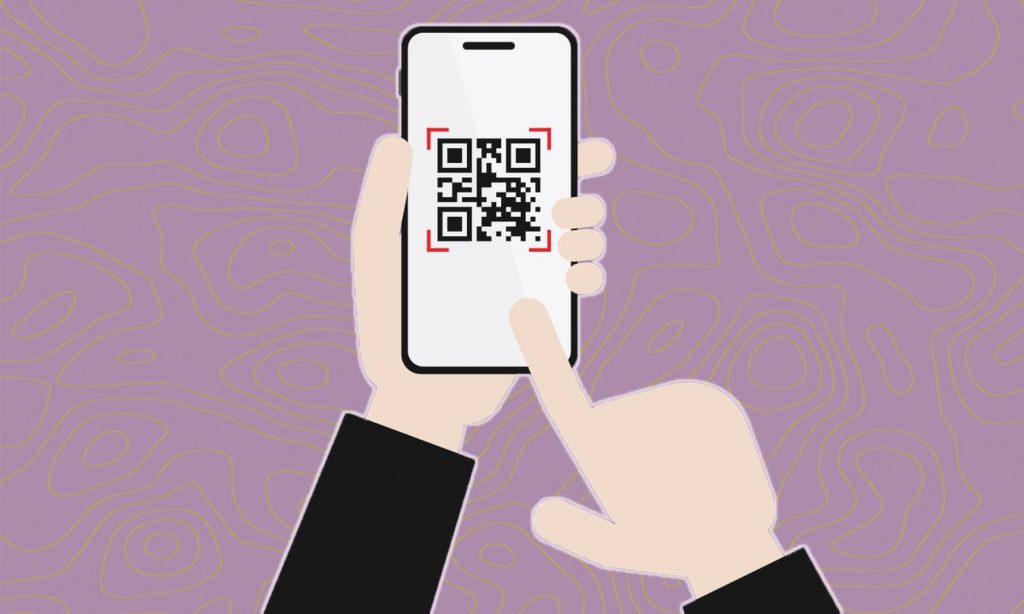At the start of the pandemic, check-ins to venues became the norm as QR codes went through a huge glow up from obscure tech curiosity to an integral part of our daily lives.
Now, though, as pandemic restrictions wind back, COVID-safe check-ins aren’t always required, nor are they adhered to. While not checking in to a venue might previously have landed you with a huge fine, now it seems like a total free for all as the rules appear to change day by day and our patience with the dreaded ‘rona runs thin.
So, what are the actual rules about checking in to venues and should we be bothering at all? Let’s take a closer look.
Are Check-Ins Mandatory?
Well, this all depends on the state you’re in thanks to the joys of the federal system. Although most states are no longer listing all exposure sites, they are still encouraging the use of QR code check-ins and telling people to wear masks and social distance in order to stop the spread. For most venues though, the answer is still yes.
In NSW, for example, checking in is still required in certain venues. These include retail premises, food and drink premises, pubs, bars, clubs, beauty and tattoo parlours, some gyms, hospitals, places of worship, and aged care facilities. You can read the full list of venues that still require check-ins here.
Check-in’s in these places are still required under the public health orders and failure to do so could result in you being denied entry. Of course, it doesn’t have to be on your phone, and all venues must still offer paper check-ins for you to write your details down.
It’s a similar situation in Victoria, where “all workplaces” need to keep a record of everyone who has come and gone. The rule of thumb here is that if you’re entering a business or a service provider, you’ll still need to check-in.
The same can be said of most other states, although it’s worth checking the requirements before you simply abandon the practice. If it’s a business, public event, or other kind of indoor workplace, it’s likely you still have to check-in. Same goes for public transport.
Cases Are Everywhere, So Why Bother Checking in?
It might seem futile, but the check-in apps are still good to help us remember where we’ve been and where we might have been in contact with someone with COVID-19. States are still giving notifications on their apps if you’ve been in a location where someone has tested positive and this can help you be on the lookout for symptoms.
As the definition of close contact has changed for most states, in alinement with the federal definition of “four hours in a household or household-like place” with a COVID-positive person, getting pinged on the app is no longer the disaster it once was.
For most states, the requirements now are to stay alert, monitor for symptoms, and get tested if you start experiencing any COVID-like illnesses.
Although most public health measures have been pulled back, people themselves are choosing to continue to act in COVID-safe ways to continue to mitigate the spread. This is a good thing and will help manage caseloads, even if it seems inevitable that we’re all going to get COVID at some point.
By using check-ins, you’re helping to speed up contact tracing, letting others know where you might have been if you do become positive, and continuing the fight against COVID. It might not seem like much, but it all helps.
Read more stories from The Latch and subscribe to our email newsletter.

